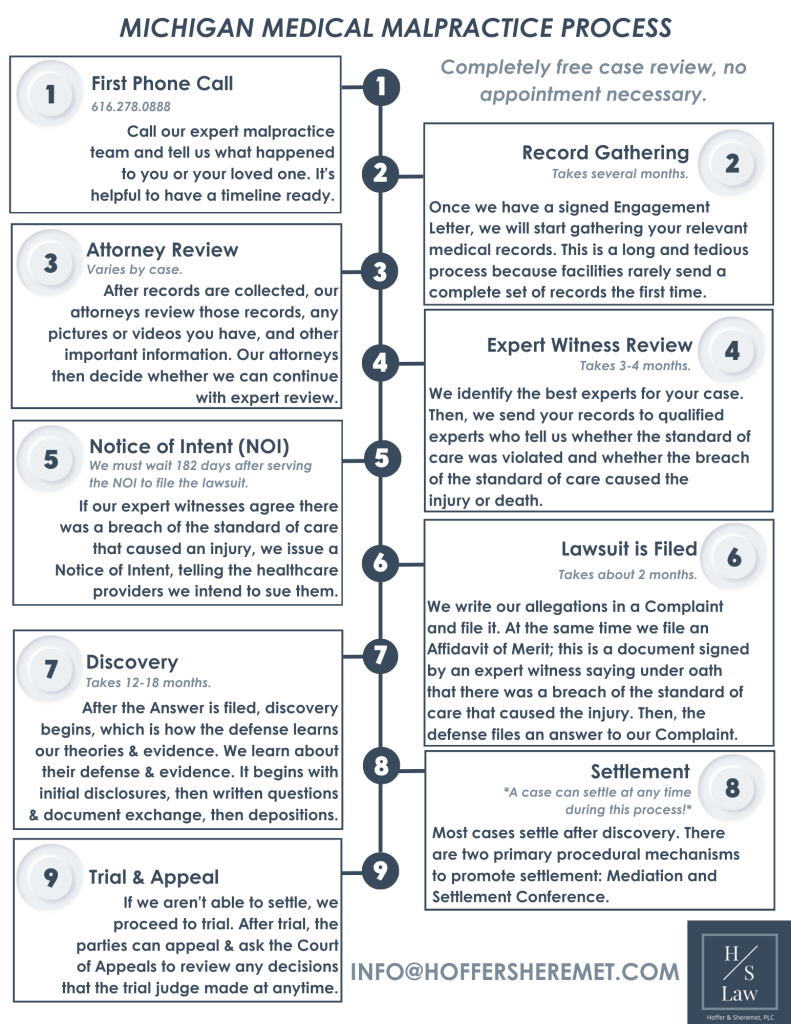Get Started
To get started with your free case review, fill out this form and we will be in touch.
Email for Case Inquiries
678 Front Ave NW Unit 380
Grand Rapids, MI 49504

Email for Case Inquiries
678 Front Ave NW Unit 380
Grand Rapids, MI 49504
